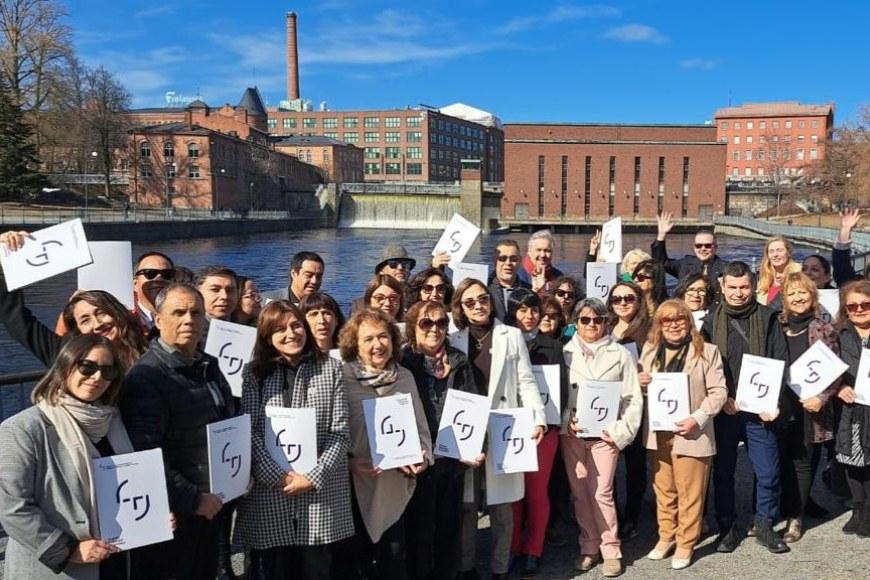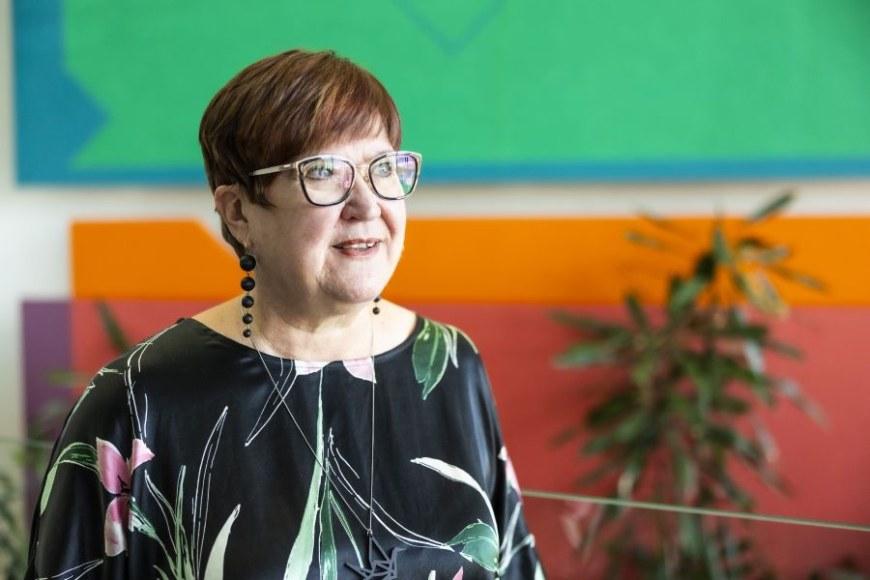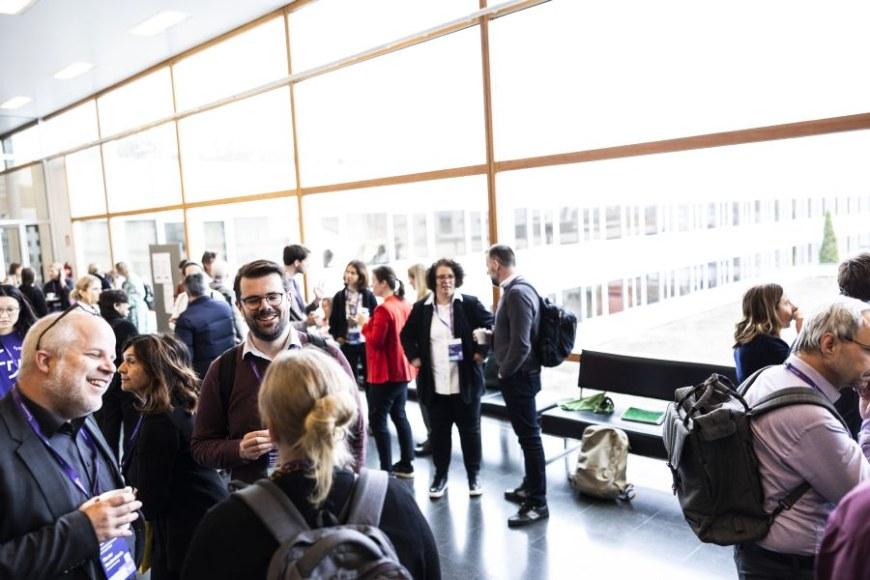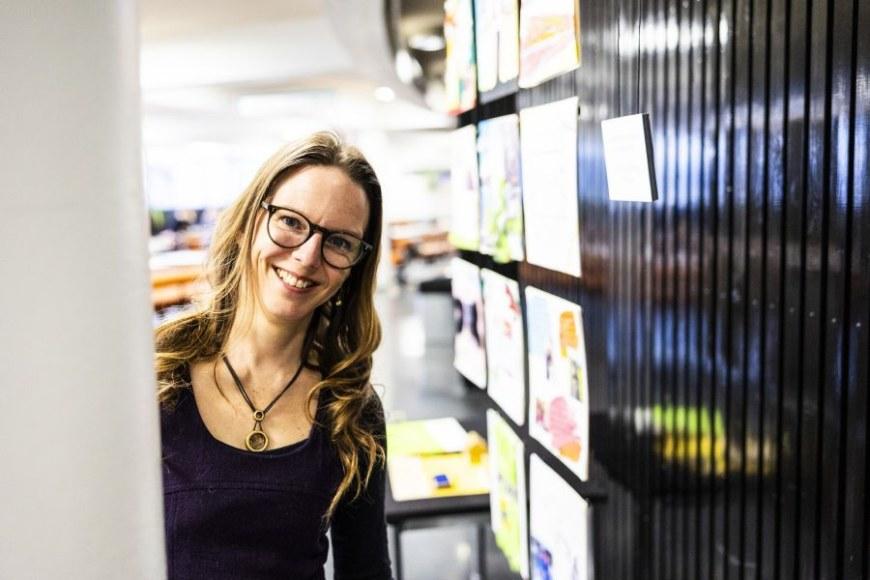Social Interactions in Inclusive Educational Settings
For the last three decades, we have witnessed how the idea of inclusive education has grown and consolidated worldwide. From a macro-level perspective, an extended scope of scientific research provides material to examine inclusive education leading us to think that the efforts made since the late 90s have prompted social transformations. In the micro-level perspective, however, the experiences that assure the feeling of inclusion in school and in learning processes is still far from being exhausted.
The on-going two-day symposium Social Interactions in Inclusive Educational Settings, brings together experienced researchers working with different aspects of social interaction and in the field of inclusive education, such as Hanne de Jaegher (University of the Basque Country), Laurent Fillietaz (University of Geneva), Samira Ibnelkäid (University of Oulu), Elina Kuusisto (Tampere University) and Thania Corbeil (University of Rimouski), to discuss the challenges and possibilities of sociability in inclusive education, both from different theoretical perspectives and from methodological approaches.
The symposium offers the students of Tampere Universities an opportunity to enlarge their knowledge on this important topic, as well as to network with international researchers, and share their ideas with peers from other universities around the world.
The symposium is organised by the research group Researching Early Childhood Education Institutions, Policies and Practices − ECEPP in the Faculty of Education and Culture, in partnership with the National Institute for Research and Education in Special Education – INSHEA, France.
Further information: Assistant Professor Juliene Madureira Ferreira, Faculty of Education and Culture, Tampere University.





